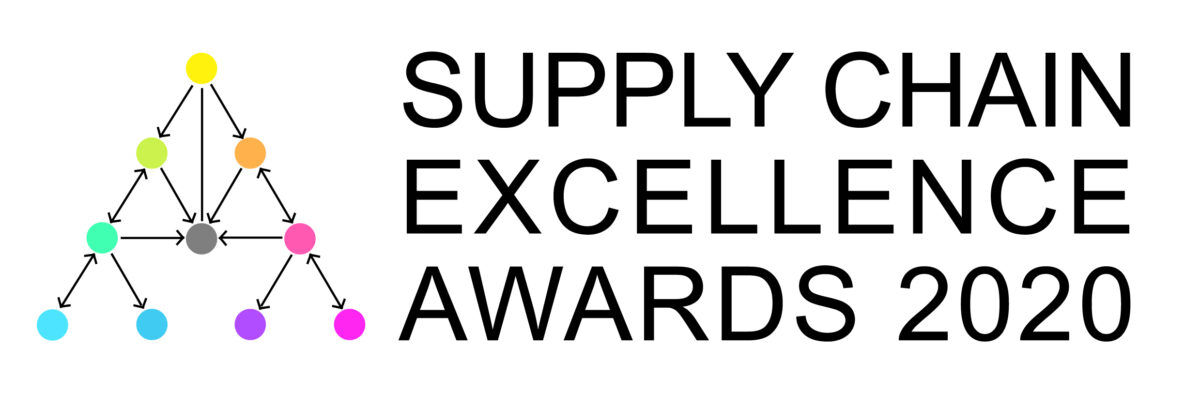Amazon is now selling more books in electronic format than in paperback
Author: supplychainmag
I admit that I have no obvious examples to back up this claim, but I am going to make it anyway: supply chain initiatives saved some companies from bankruptcy during the recession
Sitting down to write about money on what the papers say is the most depressing day of the year might seem a trifle perverse.
Janet Napolitano was in Brussels last week to whip up support for the US government’s strategy to outwit any potential terrorist threat – and supply chain was clearly a the top of the agenda.
Sitting in the middle of a blizzard, it would be easy to focus on the difficulties supply chain professionals face at this time of year. But I am much more interested in looking forward into next year and opportunities ahead.
“Hacktivism” grabbed the headlines last week as a group of collaborating hackers, known as Anonymous, disrupted MasterCard’s online payment processing system for several hours.
There is something surreal about the story of the penguins and the walrus, and how they got a major retailer into hot water. But it could have significant implications for supply chain professionals dealing with the growth in home delivery.
I was intrigued to learn that Lourens Schouwink is an amateur magician in his spare time.
The past year has seen rapid change in company supply chains. A year ago, the recession meant that organisations were having to deal with suppliers going out of business.
Sometimes research throws up a fact that just stops you in your tracks. And that happened to me with Oracle’s study “Supply Chain Information: The Weakest Link?” which discovered that supply chain managers spend, on average 48 per cent of their time






